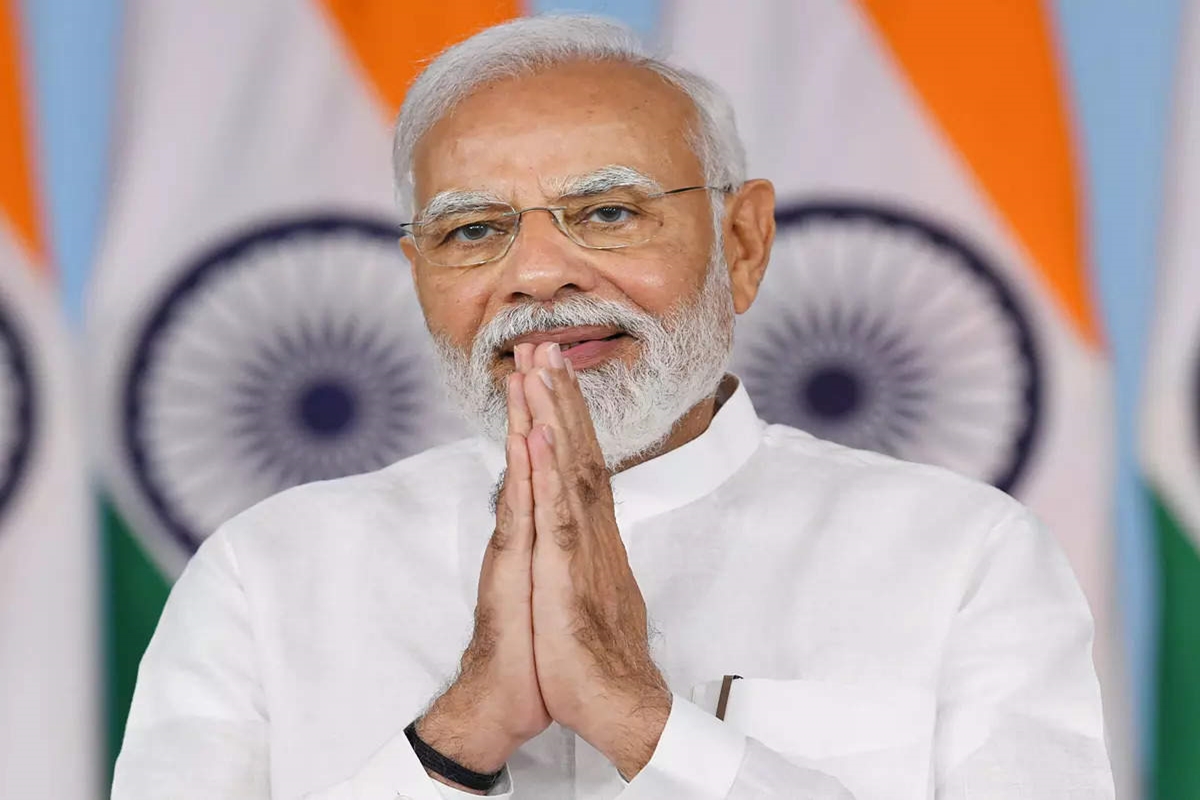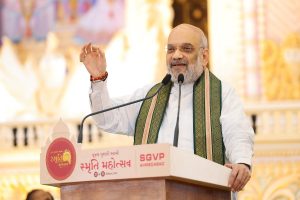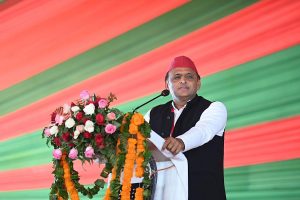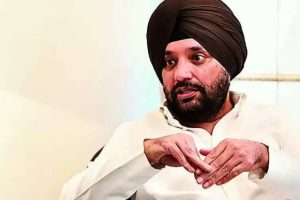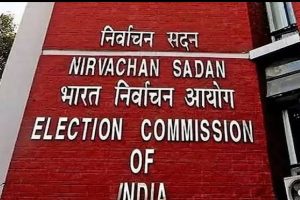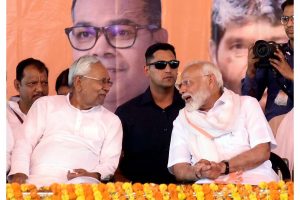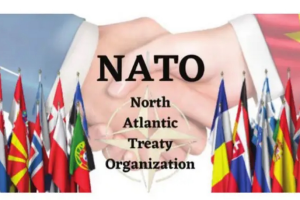On Wednesday, August 16, the cabinet, under the leadership of PM Narendra Modi, granted approval to a range of measures. These encompassed the Vishwakarma Yojana, which was in practice. The Prime Minister himself in his Independence Day address from the iconic Red Fort’s ramparts made announcements. Alongside this, the cabinet revealed the commencement of the PM e-Bus Seva Scheme. There are substantial funds towards the advancement of Indian Railways and to bolster the Digital India initiative.
In a session detailing the outcomes of the Union Cabinet’s deliberations, Ashiwini Vaishnaw, the Railway Minister made a few announcements. He communicated that a collection of seven railway ventures, valued at 325 billion rupees ($3.91 billion), had gained approval. These projects aim towards enhancing connectivity and mobility across nine states.
Vaishnaw highlighted that these initiatives had materialized as a direct consequence of the PM-Gati Shakti National Master Plan. This aims in establishing a comprehensive framework for multi-modal connectivity. The plan incorporates states such as Andhra Pradesh, Bihar, Gujarat, Jharkhand, Maharashtra, Odisha, Telangana, Uttar Pradesh, and West Bengal.
The resolutions were approved during the gathering of the Cabinet Committee on Economic Affairs (CCEA).
PM e-bus Seva:
In a bid to enhance eco-friendly transportation options, the Union Cabinet has granted approval to the PM e-Bus Seva initiative. This aims at bolstering urban bus operations. A comprehensive fleet of 10,000 electric buses will run across 169 cities through a public-private partnership (PPP) framework.
Concurrently, as part of the initiative’s ‘Green Urban Mobility Initiative’, improvements on infrastructure, encompassing multimodal interchange facilities and the implementation of NCMC-based Automated Fare Collection Systems in 181 cities are on plan.
The scheme’s scope encompasses cities with a populace exceeding 300,000, with particular emphasis on those lacking an organized bus service. The overall projected expenditure for the initiative stands at Rs 57,613 crore, of which the central government will contribute Rs 20,000 crore in support.
The initiative introduced by PM Modi during his Independence Day speech aims to extend subsidized loans, reaching a maximum threshold of Rs 2 lakh, to traditional artisans and skilled craftsmen. This diverse group encompasses professions such as weavers, goldsmiths, blacksmiths, laundry workers, and barbers.
In the initial phase, these craftsmen will receive a subsidized loan of Rs 1 lakh, followed by an additional Rs 2 lakh in the subsequent phase. These loans will see an extension at a concessional interest rate of 5%.
Scheduled to be inaugurated with a financial allocation of Rs 13,000 crores on the occasion of Vishwakarma Jayanti on September 17, the scheme seeks to empower and support these artisans in their endeavours.
7 Indian Railways Projects:
The Union Cabinet has granted its approval to 7 multi-tracking initiatives presented by the Ministry of Railways. These projects carry an estimated financial commitment of Rs 32,500 crores and the Central government will fund them. Encompassing 39 districts across 9 states, namely Andhra Pradesh, Bihar, Gujarat, Jharkhand, Maharashtra, Odisha, Telangana, Uttar Pradesh, and West Bengal, these projects will make a substantial impact.
The primary objective of these proposed projects is to expand the existing Indian Railways network by an impressive 2339 km. Beyond expansion, their focus lies in enhancing the current line capacity, streamlining train operations, alleviating congestion, and contributing to the overall improvement of travel and transportation convenience.
Extension of Digital India Programme:
The Union Cabinet has given its endorsement to the extension of the Digital India project, allotting a budget of Rs 14,903 crore. This expanded initiative sets its sights on enhancing the skills of 6.25 lakh IT professionals, both in terms of reskilling and upskilling, along with training an additional 2.65 lakh individuals in the domain of information security.
Furthermore, a cutting-edge AI-powered multi-language translation tool, named Bhashini, will come out across 22 languages listed in Schedule VIII, and the National Super Computer Mission will see an infusion of 9 more supercomputers.
A significant aspect of this scheme is its aspiration to foster 1,200 fresh startups in Tier 2 and 3 cities. Additionally, the government’s DigiLocker platform, which facilitates access to digital renditions of diverse documents including driver’s licenses and vehicle registration certificates, will help encompass Micro, Small, and Medium Enterprises (MSMEs). This will come to place as a standalone app enabling these entities to have their documents digitally authenticated.

